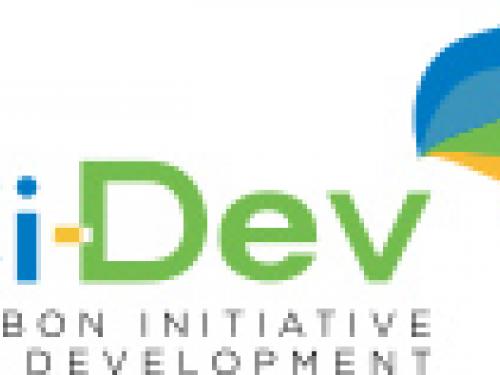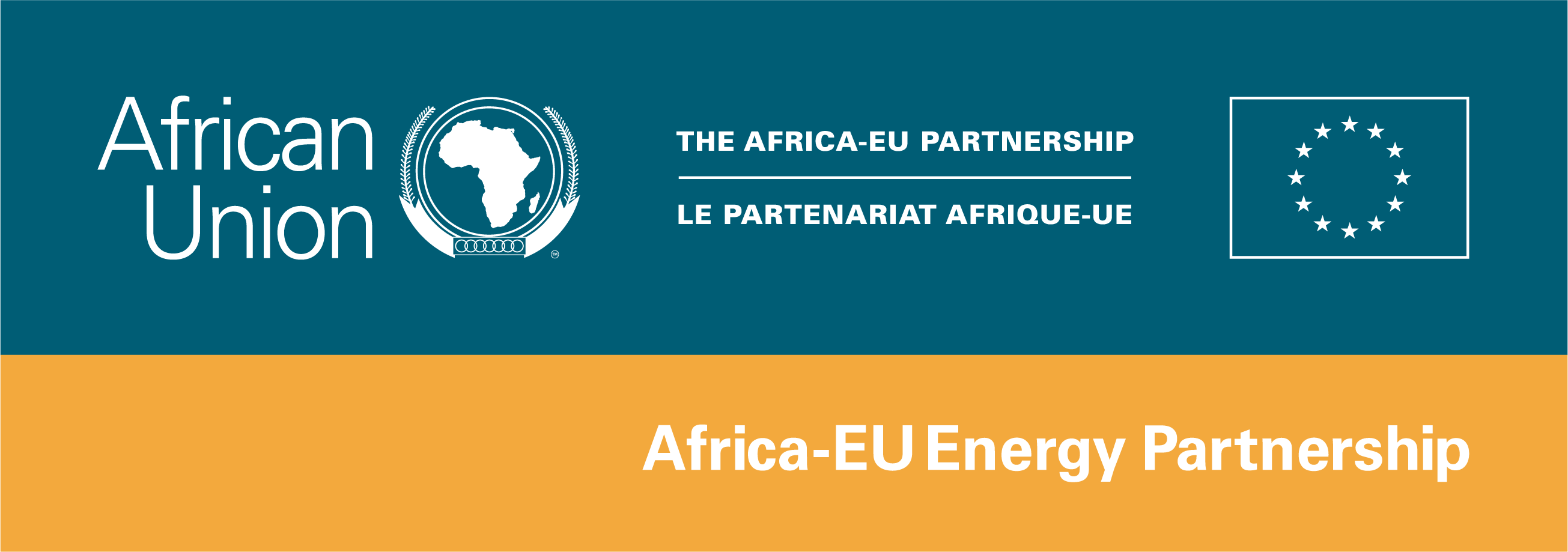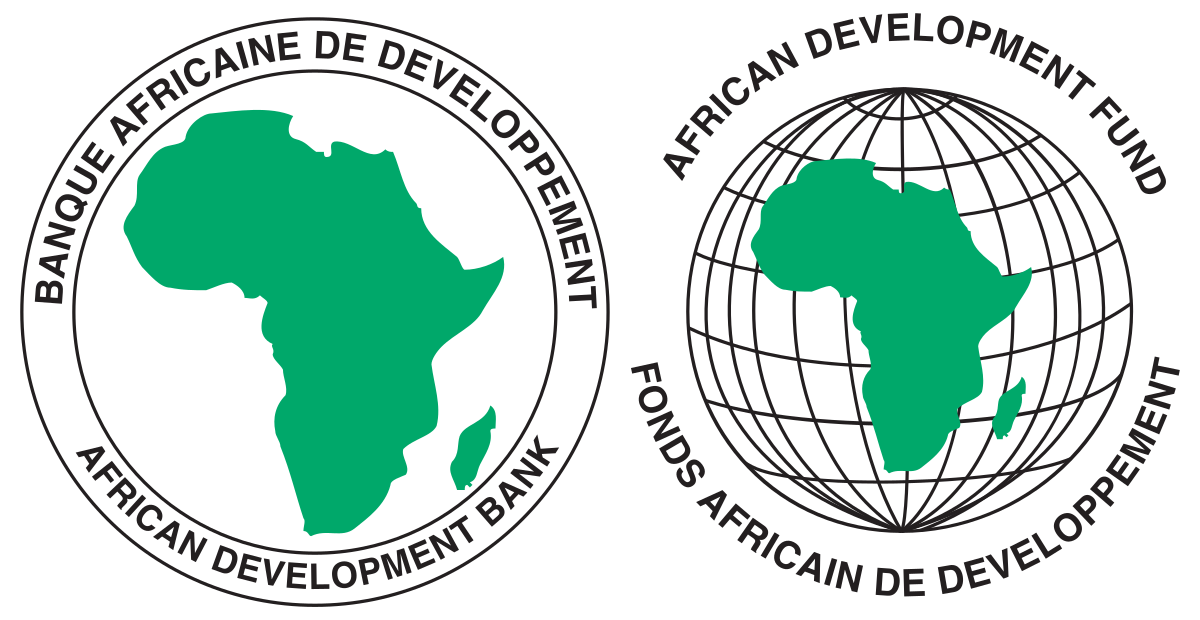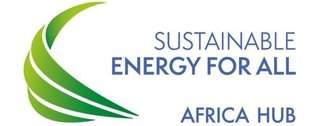
Description
The Carbon Initiative for Development (Ci-Dev) is a World Bank trust fund that mobilizes private finance for clean energy access in low-income countries. It delivers results-based finance to innovative and transformative business models driven by the private sector. Through 2025, Ci-Dev will have mobilized more than $250 million in private finance to provide low-carbon energy to more than 10 million people in the communities most vulnerable to climate change.
Ci-Dev will purchase approximately $76 million in emission reductions from 13 energy access projects, 12 of which are in Sub-Saharan Africa and 1 in South Asia. The fund has utilized the Clean Development Mechanism (CDM) as the methodological framework to quantify, verify and certify the emission reductions. However, the CDM will not be relevant after 2020 as the Paris Agreement replaces the Kyoto framework, driving the need for the international community to explore other types of crediting mechanisms (such as the Standardized Crediting Framework) to channel climate finance to client countries.
Main Objectives
Main Activities
Outcomes and Impact
Negotiations involved
Type of Intervention
Type of Technical Assistance
Annual Budget (in millions)
Currency Used
Patnering Entities
Countries Active
Energy Sectors and Subsectors
Agenda 2063 Focus
Sources
https://www.ci-dev.org





